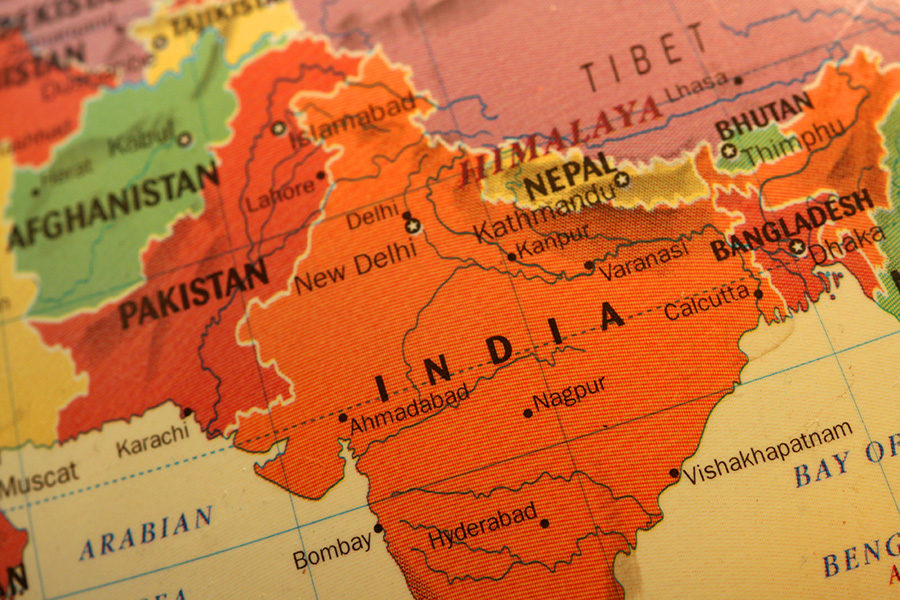Survey finds 65% of Indians view fantasy sports as gambling

The survey also revealed opinions on loss limits for fantasy sports.
India.- A survey conducted by social media platform LocalCircle has revealed that almost 65 per cent out of 9,507 respondents believe online fantasy sports is similar to gambling. Meanwhile, 74 per cent out of 12,602 people believe that the loss limit per game for fantasy sports should be Rs50-1,000.
LocalCircles asked respondents, “Should online fantasy sports be considered as online gaming that involves wagering, betting and gambling?” Almost two-thirds of respondents (65 per cent) selected “yes”, 14 per cent answered “no”, and the remaining 21 per cent did not give a clear answer.
Another question was: “If the State governments fail to ban them, how should lose to those playing be limited?” Some 32 per cent of respondents said an individual should be allowed to lose no more than Rs50; 12 per cent said Rs100; 10 per cent Rs500 and 20 per cent said Rs1,000.
Finally, 11,994 respondents were asked: “Fantasy gaming platforms ask people to create a team for a fee and win money with no warnings. What should be the way forward in such advertising?” Only 6 per cent of respondents believed ads should be permitted with appropriate warnings about financial risks, while 91 per cent said they should be banned completely.
The results contrast with the treatment of fantasy sports as games of skill rather than games of chance as upheld by Supreme Court decisions.
A panel set up by prime minister Narendra Modi has concluded that India should establish a regulatory body for online skill games. The regulator would classify which online games as based on skill or chance, implement rules to block prohibited formats and enforce stricter gambling regulations.
To date, apart from the Supreme Court’s precedent on skill-based gambling, there is no federal statute to govern India’s gambling industry, with each state taking its own stance on the issue. The state of Tamil Nadu promulgated a law banning online gaming in October but it has not yet come into force.









